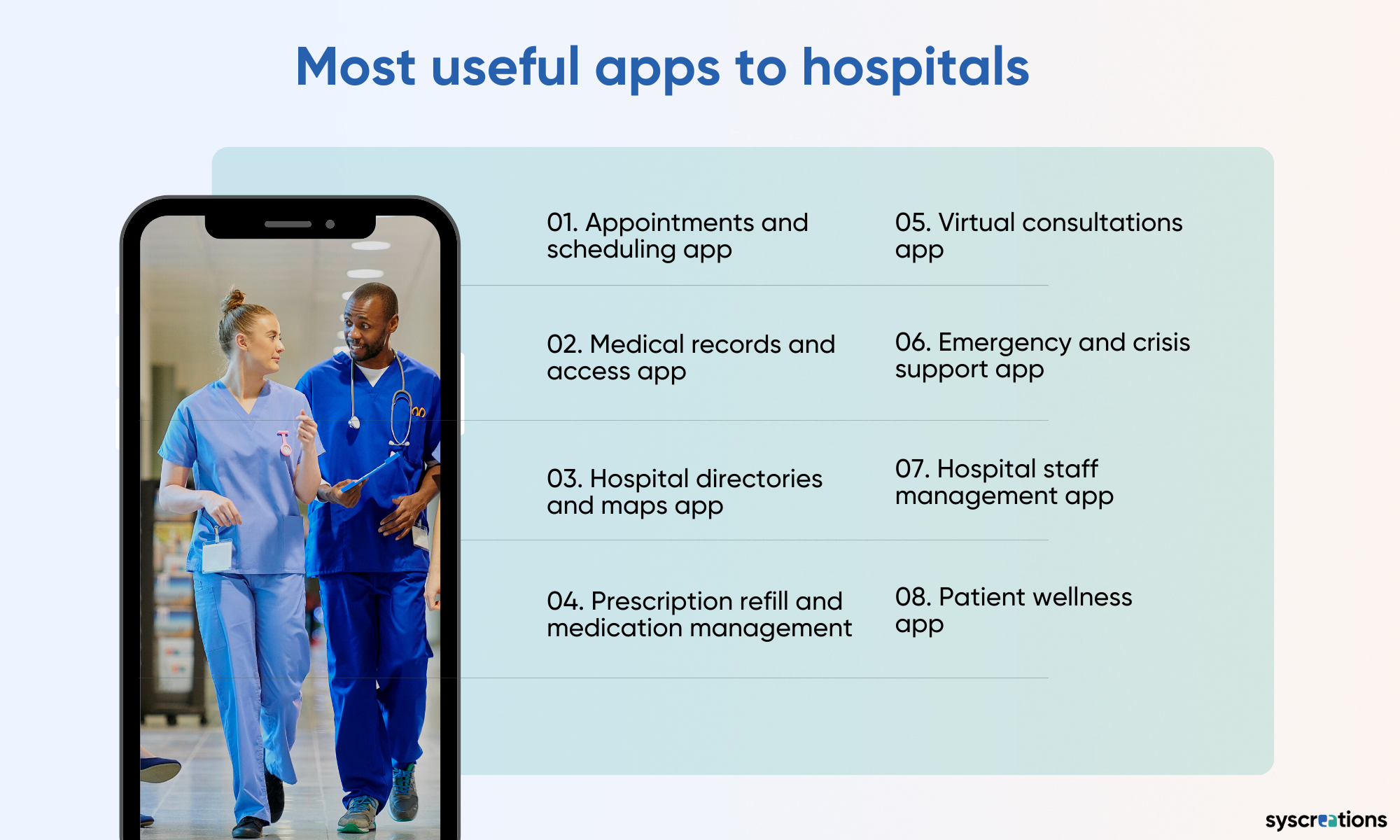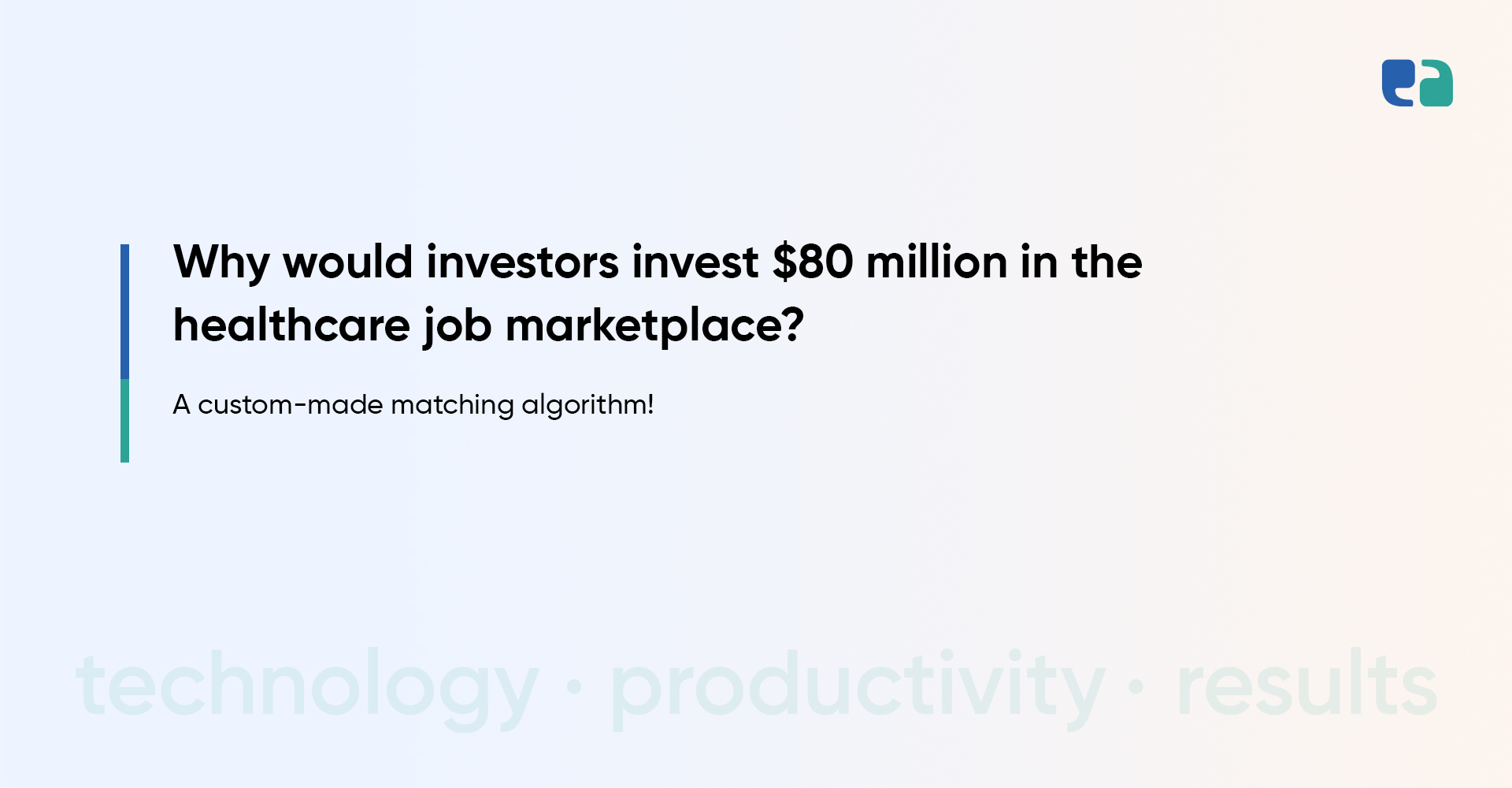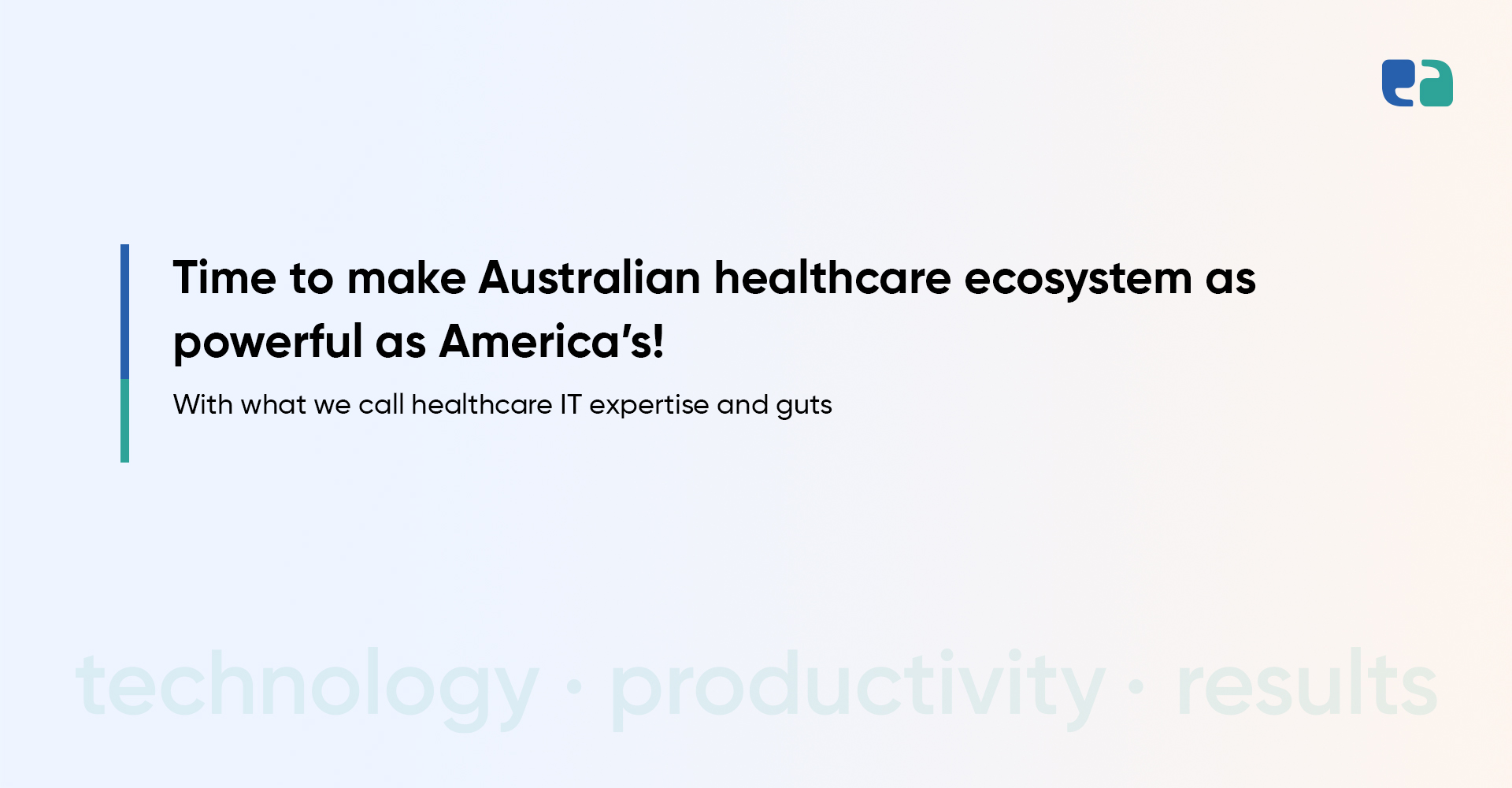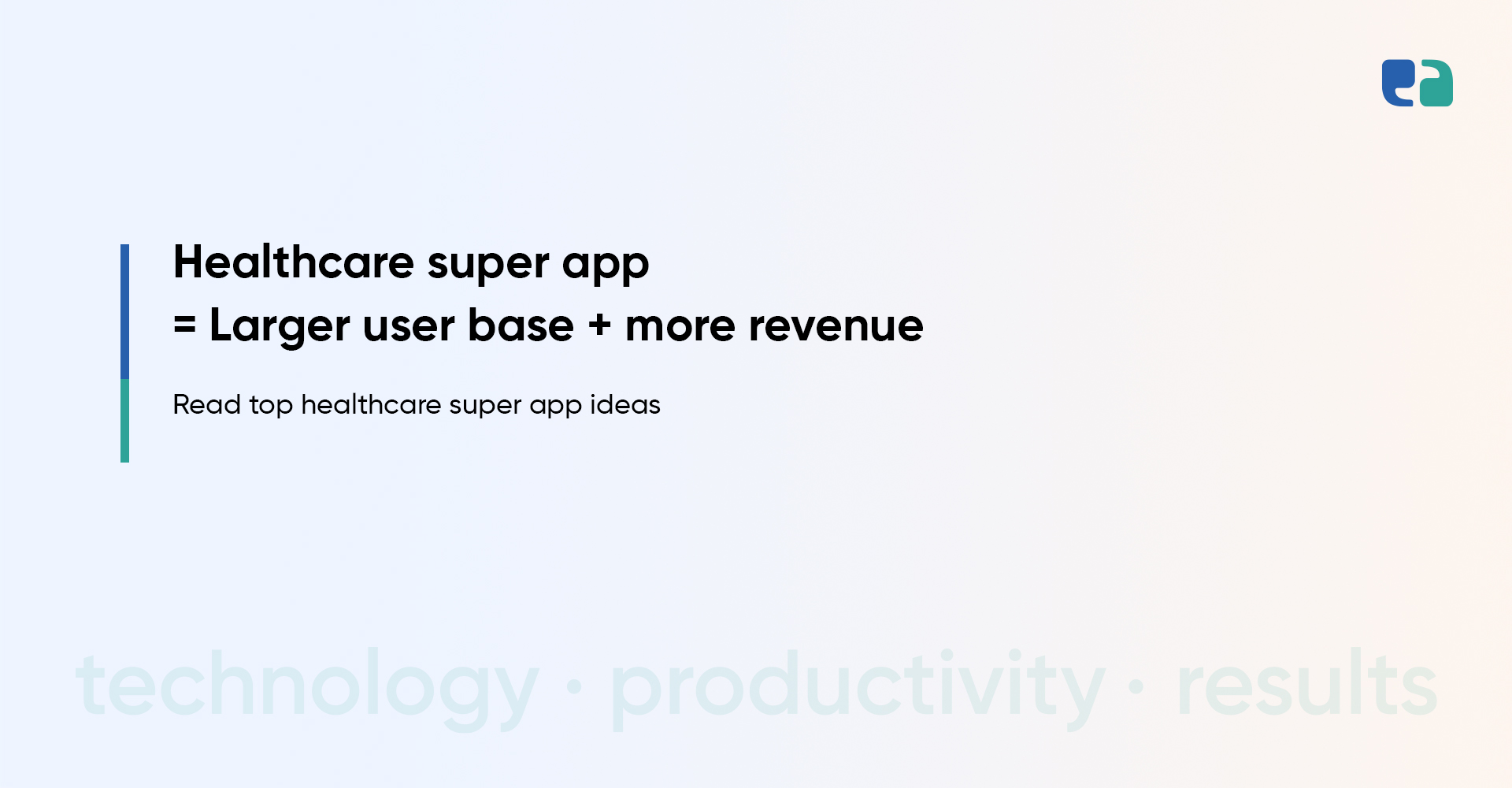You can’t imagine a hospital without operating on technology.
Be it EMR/EHR, patient monitoring, telemedicine, or online appointment booking, there is either the mobile app or web app that makes tasks for both clinicians and patients more smoother and efficient.
With hospital management becoming a tedious task while already frustrated patients take a toll on clinicians and other staff, the most reliable and secure investment with high ROI for hospitals is hospital app development!
For example,
- “Can I visit your physician online?” – a Patient
- “Can I get my weekly shift details automatically every Sunday at 6 pm?” – a Nurse
- “Can I get my appointment details for a day at 6 am every day?” – a Physician
- “Can I book the doctor’s appointment online for my kid?” – a Mother
If you don’t have answers to such questions, you should seriously consider hospital app development.
This must’ve hit you hard!
But keep reading, you’ll find how a tiny mobile app streamlines all of the clinical workflows and business workflows you have in your healthcare center.
Why Should You Prefer Hospital App Development?
For someone who knows the use cases of the mobile app, it is really shocking and unbelievable that restaurants serving food have mobile apps, but hospitals serving life don’t have apps!
Anyway, let’s talk about why you should build an app for hospitals or build a hospital management app.
Top 8 Trending App Ideas for Hospital App Development
There are many different types of apps that you can prefer for hospital app development.
Some of the most common types include:

Overall, hospital app development is the way to bring patients and healthcare staff under the same roof without compromising cost, time, and resources.
Which Additional Technologies You Should Consider To Develop a Hospital App?
In addition to the development of a hospital app, there are lots of other trending technologies that you should keep in mind in your project to provide the best possible experience to patients and hospital staff.
Some of these technologies include:
Want to Develop a Hospital App on a Pro Level? Get It Done with Canadian Standards and American Innovation
We have been very active in the healthcare industry for more than 8 years.
With our in-house app developers, UI/UX designers, business analysts, compliance consultants, QA engineers, and AI and ML experts, we’re clever enough to develop any kind of mobile and web apps for your hospital and clinic.
Talking about compliance and security, well, it’s our top priority.
And that’s why we accommodate dedicated healthcare compliance experts for every health tech project we perform!
So, let’s have a productive discussion to build a hospital app or virtual clinic app.
Meanwhile, you can check our suite of IT solutions for hospitals.



